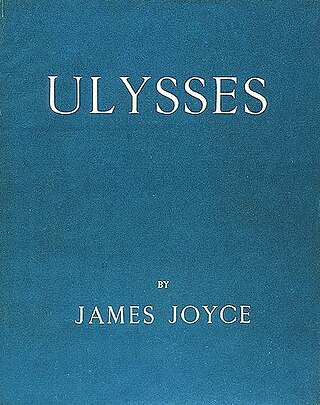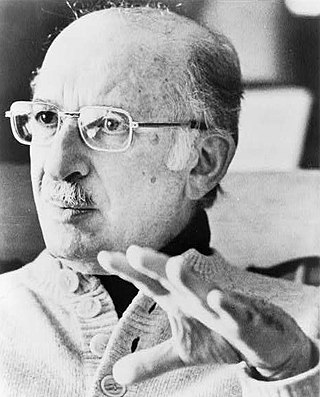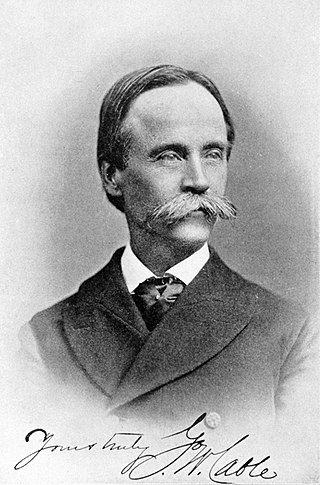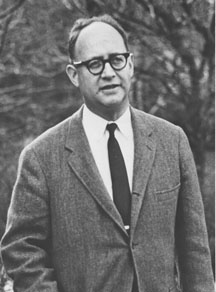
Brian Wilson Aldiss was an English writer, artist and anthology editor, best known for science fiction novels and short stories. His byline reads either Brian W. Aldiss or simply Brian Aldiss, except for occasional pseudonyms during the mid-1960s.

David Herbert Lawrence was an English novelist, short story writer, poet, playwright, literary critic, travel writer, essayist, and painter. His modernist works reflect on modernity, social alienation and industrialization, while championing sexuality, vitality and instinct. Four of his most famous novels — Sons and Lovers (1913), The Rainbow (1915), Women in Love (1920), and Lady Chatterley's Lover (1928)— were the subject of censorship trials for their radical portrayals of romance, sexuality and use of explicit language.

John Anthony Burgess Wilson, who published under the name Anthony Burgess, was an English writer and composer.

Ulysses is a modernist novel by the Irish writer James Joyce. Partially serialized in the American journal The Little Review from March 1918 to December 1920, the entire work was published in Paris by Sylvia Beach on 2 February 1922, Joyce's fortieth birthday. It is considered one of the most important works of modernist literature and has been called "a demonstration and summation of the entire movement".

Michael John Harrison, known for publication purposes primarily as M. John Harrison, is an English author and literary critic. His work includes the Viriconium sequence of novels and short stories (1971–1984), Climbers (1989), and the Kefahuchi Tract trilogy, which consists of Light (2002), Nova Swing (2006) and Empty Space (2012).

Percy Wyndham Lewis was a British writer, painter and critic. He was a co-founder of the Vorticist movement in art and edited BLAST, the literary magazine of the Vorticists.

Bernard Malamud was an American novelist and short story writer. Along with Saul Bellow, Joseph Heller, Isaac Bashevis Singer, Norman Mailer and Philip Roth, he was one of the best known American Jewish authors of the 20th century. His baseball novel, The Natural, was adapted into a 1984 film starring Robert Redford. His 1966 novel The Fixer, about antisemitism in the Russian Empire, won both the National Book Award and the Pulitzer Prize.

Walter Horatio Pater was an English essayist, art and literary critic, and fiction writer, regarded as one of the great stylists. His first and most often reprinted book, Studies in the History of the Renaissance (1873), revised as The Renaissance: Studies in Art and Poetry (1877), in which he outlined his approach to art and advocated an ideal of the intense inner life, was taken by many as a manifesto of Aestheticism.

Dubliners is a collection of fifteen short stories by James Joyce, first published in 1914. It presents a naturalistic depiction of Irish middle class life in and around Dublin in the early years of the 20th century.
John Rankine was a British science fiction author, who wrote books as John Rankine and Douglas R. Mason. Rankine was born in Hawarden, Flintshire, Wales, attended Chester Grammar School, and in 1937 began study of English Literature and Experimental Psychology at the University of Manchester, where he was a friend of Anthony Burgess.

George Washington Cable was an American novelist notable for the realism of his portrayals of Creole life in his native New Orleans, Louisiana. He has been called "the most important southern artist working in the late 19th century", as well as "the first modern Southern writer." In his treatment of racism, mixed-race families and miscegenation, his fiction has been thought to anticipate that of William Faulkner.

Richard David Ellmann, FBA was an American literary critic and biographer of the Irish writers James Joyce, Oscar Wilde, and William Butler Yeats. He won the U.S. National Book Award for Nonfiction for James Joyce (1959), one of the most acclaimed literary biographies of the 20th century. Its 1982 revised edition won James Tait Black Memorial Prize. Ellmann was a liberal humanist, and his academic work focuses on the major modernist writers of the 20th century.

Loren Eiseley was an American anthropologist, educator, philosopher, and natural science writer, who taught and published books from the 1950s through the 1970s. He received many honorary degrees and was a fellow of multiple professional societies. At his death, he was Benjamin Franklin Professor of Anthropology and History of Science at the University of Pennsylvania.

The Centaur is a novel by John Updike, published by Alfred A. Knopf in 1963. It won the U.S. National Book Award for Fiction. Portions of the novel first appeared in Esquire and The New Yorker.
Michael David O'Brien is a Canadian author, artist, and essayist and lecturer on faith and culture. Born in Ottawa, he is self-taught, without an academic background. He writes and speaks on Catholic themes and topics, and creates the cover art for his novels in a neo-Byzantine style. He lives with his family in Combermere, Ontario, Canada.

Paul Schuyler Phillips is an American conductor, composer and music scholar. He is the Gretchen B. Kimball Director of Orchestral Studies, and Professor of Music at Stanford University, where he directs the Stanford Symphony Orchestra, Stanford Philharmonia, and Stanford Summer Symphony. He maintains an international career as a guest conductor and composer. As a scholar, he is best known for his writings on Igor Stravinsky and Anthony Burgess.

Arthur Allen Cohen was an American scholar, art critic, theologian, publisher, and author.

H. G. Wells was a prolific writer of both fiction and non-fiction. His writing career spanned more than sixty years, and his early science fiction novels earned him the title of "The Father of Science Fiction".
This is a list of works by the English writer Anthony Burgess.

Richard Joyce is a British-Australian-New Zealand philosopher, known for his contributions to the fields of meta-ethics and moral psychology. Joyce was born in England and raised in New Zealand. He received his PhD from Princeton University in 1998. He has held positions at the University of Sheffield, the Australian National University, and the University of Sydney. Since 2010 he has been a Professor of Philosophy at Victoria University of Wellington.

















